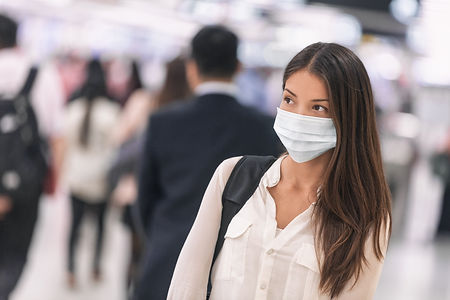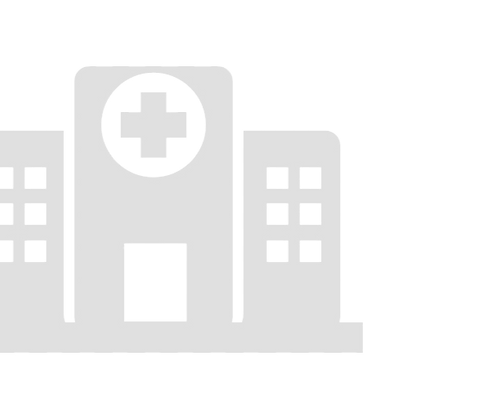
Covid-19 Intro
How Covid - 19 Works
This informative video from Nucleus Medical Media provides you with a scientific and practical introduction to COVID-19.
Simple and straightforward, the animation can help you understand what COVID-19 is, and give you some insight into how the virus works.
Covid Overview
Basic Information
COVID-19 is the name of the disease caused by a new coronavirus. Coronaviruses are a large family of viruses that are common in people and many different species of animals. Rarely, animal coronaviruses can infect people and then spread between people such as with this new virus, named SARS-CoV-2.
A pandemic is a global outbreak of disease, such is the COVID-19 pandemic. Pandemics happen when a new virus emerges to infect people and can spread between people sustainably. Because there is little to no pre-existing immunity against the new virus, it spreads worldwide. The virus that causes COVID-19 is infecting people and spreading easily from person-to-person, believed to occur via respiratory droplets.
The most common complications with COVID-19 are respiratory, the most of severe of which are acute respiratory distress syndrome (ARDS) and pneumonia. There have also been cardiac complications–particularly myocarditis, gastrointestinal complications, renal complications, and other complications associated with COVID-19.
We are continuing to learn about COVID-19 and its effects on the human body, so it is important to stay up-to-date with news of COVID-19 research. There is currently no approved vaccine or treatment for COVID-19 infections.
Symptoms & Diagnosis
The Virus & Illness
COVID-19 can cause mild to severe illness; most severe illness occurs in adults 65 years and older and people of any age with serious underlying medical problems.
Covid-19 Testing
There is only one test to confirm a current SARS-Cov2-19 infection in an individual. This is called a viral test and determines whether there is presence of the virus in your respiratory droplets. The test itself involves a swab of the back of your throat, and the healthcare worker testing you can tell you how long test results will take.
If you have symptoms of COVID-19 and want to get tested, call your healthcare provider first.
There is also a test called an antibody test which measures the presence of antibodies produced in response to the virus. This test is ONLY to determine if an individual was infected previously, as it usually takes 1-3 weeks after infection to produce antibodies. However, it is not known whether or not antibodies can protect an individual from getting infected with the virus again.
Signs & Symptoms
-
Respiratory
-
Fever
-
Cough
-
Dyspnea / SOB*
-
Chills & shaking
-
Sore throat
-
-
Other
-
GI-Nausea, vomiting, diarrhea
-
Headache
-
Muscle pain
-
Loss of taste/smell
-
Chest pain*
-
Cyanosis*
-
* Patients with these symptoms need medical attention immediately

Self Care
If you have possible or confirmed COVID-19:
-
Stay home except to get medical care.
-
Monitor your symptoms carefully. If your symptoms get worse, call your healthcare provider immediately.
-
Get rest and stay hydrated. Take over-the-counter medicines, such as acetaminophen, to help you feel better.
-
If you have a medical appointment, notify your healthcare provider ahead of time that you have or may have COVID-19.
-
Stay in a specific room and away from other people in your home. If possible, use a separate bathroom. If you must be around others, wear a facemask.
If you develop any of these emergency warning signs for COVID-19, get emergency medical attention immediately:
-
Trouble breathing
-
Persistent pain or pressure in the chest
-
New confusion or inability to arouse
-
Bluish lips or face
When to Call a Doctor
If you have a fever, cough, or other symptoms, you might have COVID-19. Most people have mild illness and are able to recover at home. If you think you may have been exposed to COVID-19, contact your healthcare provider immediately.
-
Stay at home except to seek medical care
-
Keep track of your symptoms
-
Call ahead before visiting your doctor
-
If you have an emergency warning sign (including trouble breathing), get medical attention right away.
Emergency Warning Signs:
-
Trouble breathing
-
Persistent pain or pressure in the chest
-
New confusion or inability to arouse
-
Bluish lips or face
Treatment & Care
Managing Health




